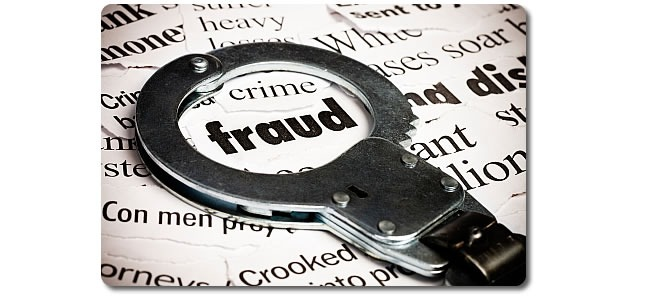Advisory
IRS Joins International Charity Fraud Awareness Week
All charities are susceptible to fraud and can be targeted. Those providing services and supporting local communities may be especially vulnerable to fraudsters attempting to exploit the current pandemic or weather-related disasters.
Oct. 19, 2020

The Internal Revenue Service is joining organizations around the world to highlight the third annual International Charity Fraud Awareness Week, Oct. 19-23.
International Charity Fraud Awareness Week (ICFAW) brings together everyone involved in the charity and not-for-profit sectors to raise awareness of and share good practices for tackling fraud and cybercrime. This award-winning campaign is led by a coalition of over 40 charities, regulators, law enforcement organizations, representative and umbrella bodies, and other not-for-profit stakeholders.
The IRS is partnering with ICFAW as part of its ongoing commitment to fight fraud against charities, businesses and individuals.
All charities are susceptible to fraud and can be targeted. Those providing services and supporting local communities may be especially vulnerable to fraudsters attempting to exploit the current pandemic or weather-related disasters. More than ever, charities need to be fraud aware and take steps to protect their money, people and assets from harm.
“Especially during these uncertain times, it’s vital for everyone to remain vigilant against fraud, identity theft, scams and schemes,” said IRS Director of Exempt Organizations and Government Entities, Margaret Von Lienen. “Cybercriminals are always on the lookout for new opportunities, and COVID-19 is just one more chance to take advantage of unsuspecting individuals and charities. This campaign provides resources that can help protect charities and other organizations.”
This year’s campaign has three core messages: be fraud aware, take time to check, and keep your charity safe.
The ICFAW Charity Fraud Hub features helpful documents, free tutorials, videos, case studies and on-demand webinars, including, ‘COVID-19 and charity fraud: what to watch out for and how to stay safe.’ Charities and anyone else interested in fighting fraud can also take part in the ICFAW social media campaign using #charityfraudout.
Those encouraged to participate in the week’s activities include:
- Trustees, staff and volunteers from charities, non-government organizations, and non-profits
- Organizations that represent the interests of non-profits
- Accountants, auditors and those acting as professional advisors to non-profits
- Regulators, law enforcement officials and policymakers working to safeguard non-profits
In addition to crooks who target charities, those who create fake charities are a problem for the non-profit community. In fact, fake charities are once again part of the IRS’ “Dirty Dozen” tax scams for 2020. Taxpayers can find legitimate and qualified charities with the Tax Exempt Organization Search tool on IRS.gov.
Visit the Fraud Advisory Panel website to learn more about ICFAW and how to get involved.
